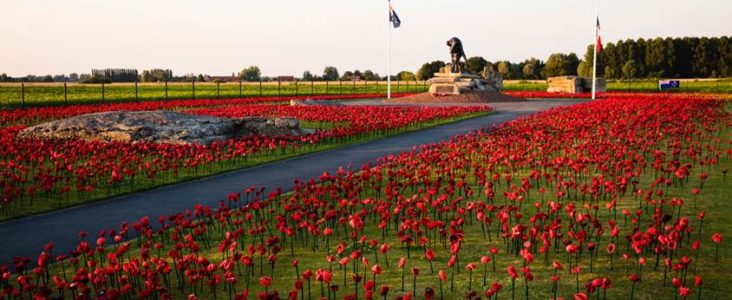Armistice Background
The 100th anniversary of the formal ceasefire in Europe that brought World War On to an end will be remembered across the world on 11 November 2018, Remembrance Day. The Armistice of Compiègne (where the ceasefire document was signed in France) ended fighting on land, sea and air between the Allies (principally Great Britain, France, Russia, Italy and Japan) and their opponent, Germany, and came into effect at 11 am on 11 November 1918.
The terms of the Armistice included the cessation of hostilities, the withdrawal of German forces to behind the Rhine, Allied occupation of the Rhineland and bridgeheads further east, the preservation of infrastructure, the surrender of aircraft, warships, and military matériel, the release of Allied prisoners of war and interned civilians, and eventual reparations. Although the Armistice ended the fighting, it needed to be prolonged three times until the Treaty of Versailles, which was signed on 28 June 1919, took effect on 10 January 1920.
Previous armistices had eliminated Bulgaria, the Ottoman Empire and the Austro-Hungarian Empire. The Armistice of Mudros was signed on 30 October 1918, setting the partition of the Ottoman Empire.
It was signed by the Ottoman Minister of Marine Affairs Rauf Bey and the British Admiral Somerset Arthur Gough-Calthorpe, on board HMS Agamemnon in Moudros harbour on the Greek island of Lemnos. The occupation of Constantinople and İzmir led to the establishment of a Turkish national movement, which won the Turkish War of Independence (1919–23) under the leadership of Mustafa Kemal (later given the surname “Atatürk”).
In 1919, a memorial activity for Armistice Day was held in London to mark the first anniversary of the end of the war. The idea was followed by Commonwealth of Nations member states, to honour the members of their armed forces who died in the line of duty and, as Remembrance Day, is now observed in many non-Commonwealth countries too. The red poppy has become associated with the event, inspired by the poem “In Flanders Fields” written by Canadian physician Lieutenant-Colonel John McCrae.






